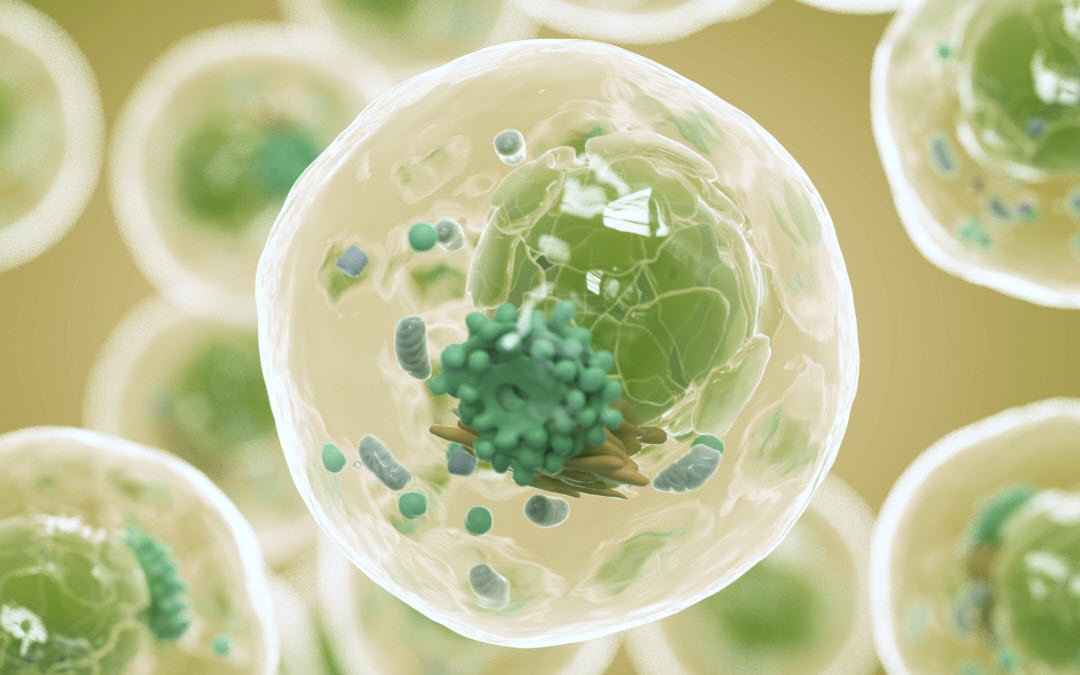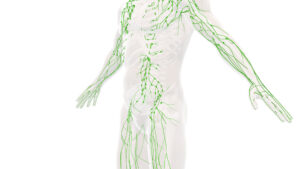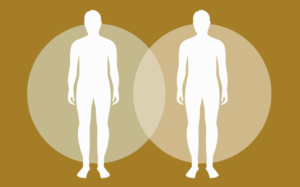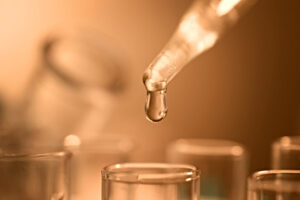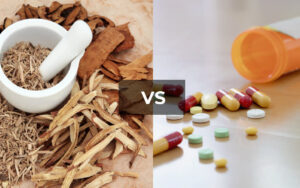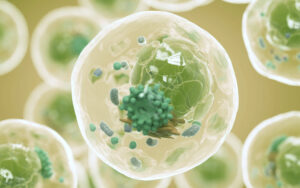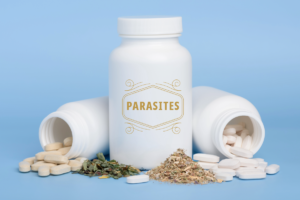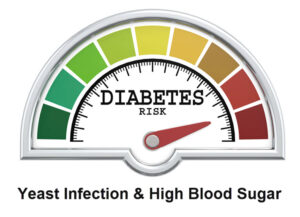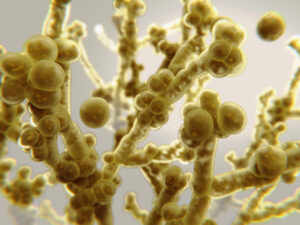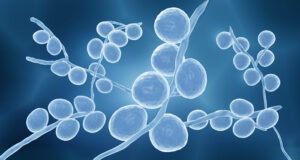Your body is made up of trillions of cells. These cells create the body’s structure and perform many different complex tasks. Damaged cells can cause health problems including chronic illnesses and diseases.
You are born with healthy cells
Most babies are not born with a disease. Their cells are functioning properly. Some parents vaccinate their children, some don’t. I’ve tested babies after their vaccinations and found damage to their immune systems. The babies weren’t sick at the time, but every year, they would be the first ones to get sick and the last ones to get well. Then, they developed asthma or food allergies. When kids who didn’t get vaccinations got sick, they would recover when they took nutritional supplements.
All your cells worked properly if you had no health issues when you were born. If you developed health problems later, something changed. If the issue went away after you started taking supplements or eating differently, the problem was caused by a nutritional deficiency. The problem wasn’t a nutritional deficiency if it didn’t go away. If it’s not a nutritional deficiency, it’s a cellular problem – the cell function has been damaged somehow. The body isn’t working normally.
Cellular malfunction
Every health problem that can’t be fixed with nutrition or supplements can be traced back to cellular malfunction. When there is a nutritional deficiency, the cells look damaged but are easily restored with the right nutrition.
When the damage is caused by toxins, parasites, chemicals, drugs, viruses, bacteria, radiation, or lack of oxygen, the process of repairing the cells is different.
Gradients of cell damage
Many doctors believe that cell damage immediately leads to cell death and that when the cell dies, it is replaced by a new cell. They are taught in medical school that non-optimum cells are replaced with new cells.
Cells do become damaged, but they won’t die unless there are new cells to replace them.
There are also gradients of damage. For example, a kidney can show signs of kidney failure and need dialysis (a medical treatment that removes waste products and excess fluid from the blood when the kidneys are malfunctioning). That doesn’t mean the kidney has completely failed. It shows signs of being unable to filter toxins properly, but part of the kidney still functions. Some kidney cells are working and some aren’t.
If the condition worsens, damaged kidney cells build up until you have more damaged cells than healthy cells. Then dialysis doesn’t work, and you will need a kidney transplant.
To fix the kidney, damaged cells must be replaced with new ones. Once enough new cells exist, kidney function improves, and dialysis is no longer necessary.
Replacing damaged cells
When cells are damaged, a special type of white blood cell in the immune system creates new cells. These cells travel to the damaged area and begin converting stem cells (generic cells) into new cells. Stem cells can become whatever type of cell the body needs, such as kidney, brain, and liver cells.
Damaged cells and your immune system
Your immune system is a network of cells, proteins, and organs that protects the body from harmful substances like toxins, chemicals, and viruses.
There are two main parts to your immune system: the innate immune system and the adaptive immune system.
Innate immune system
The innate immune system detects damaged cells and gets rid of them. When the damaged cells are taken away, scar tissue grows in their place. The activities of the innate immune system cause inflammation. It is a natural reaction that is part of the healing process.
When the innate immune system is done with its job, the adaptive immune system takes over. If the innate immune system does not activate, the adaptive immune system stays asleep.
Adaptive immune system
The innate immune system activates the white blood cells of the adaptive immune system. These cells fight the harmful substances that have entered the body. When the harmful substances decrease, a different kind of white blood cell is activated. It kicks in to monitor the scar tissue created by the innate immune system, which is where new cells will grow. These white blood cells determine when to start the process of growing the new cells.
If your adaptive immune system has also been damaged by toxins, chemicals and germs, it will not initiate the process of replacing damaged cells.
This is why detoxing (removing pathogens) is an important first part of the healing process.
Healing the body
Fixing health problems often begins with repairing the lymph system so toxins can move out of the body. The next step is activating the innate immune system. Once the immune system starts doing its job, it will activate the adaptive immune system. In all three cases, damaged cells must be repaired or replaced to restore functionality. That’s how Chinese medicinal herbs work and why it’s the most effective natural method of healing the body.
Summary
- Toxins, chemicals, viruses and bacteria can damage cells
- Damaged cells can cause organs and internal body processes to malfunction
- The innate immune system finds damaged cells and gets rid of them.
- The adaptive immune system fights germs and replaces damaged cells
- If the innate or adaptive immune system isn’t working properly, you can end up with serious health issues
- Chinese medicinal herbs can eliminate harmful substances in the body, activate damaged cells and help repair your organs and internal systems.
Do you want to restore your health? Contact us today at (213) 999 – 5577 to find out more about our custom detox programs. We use specially processed Chinese medicinal herbs to repair and restore damaged cells. You can also schedule a free consultation with Dr. Kwang.
